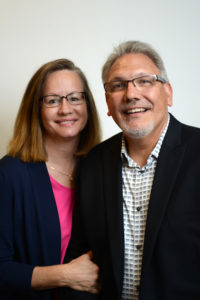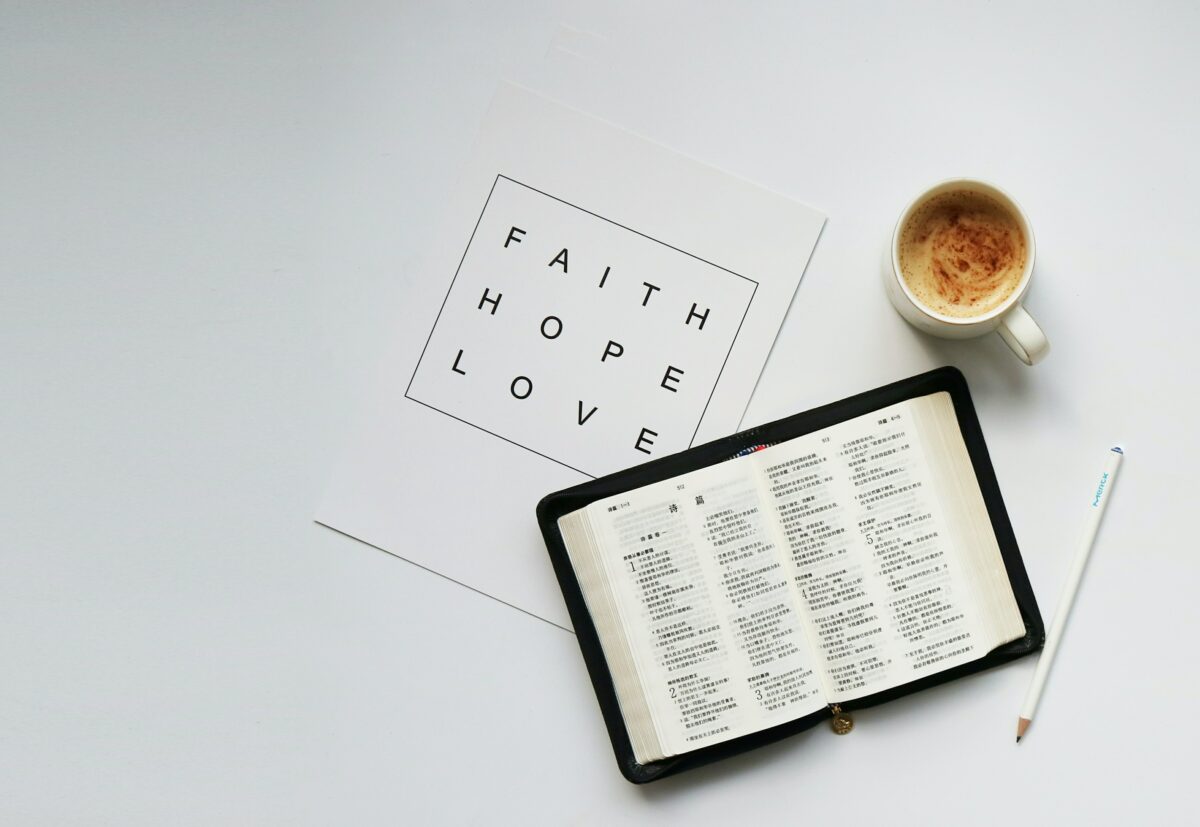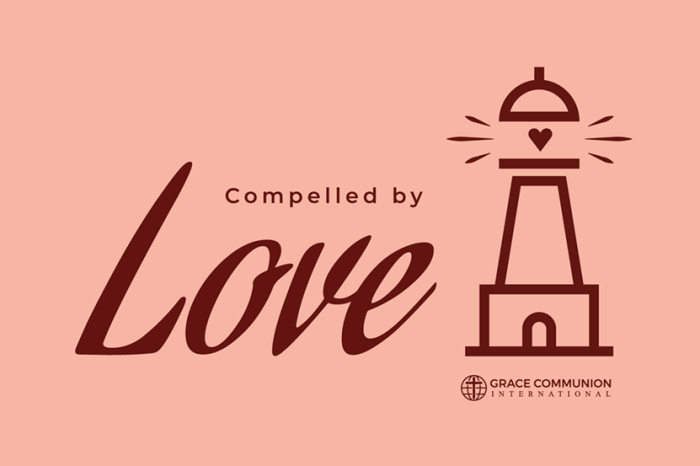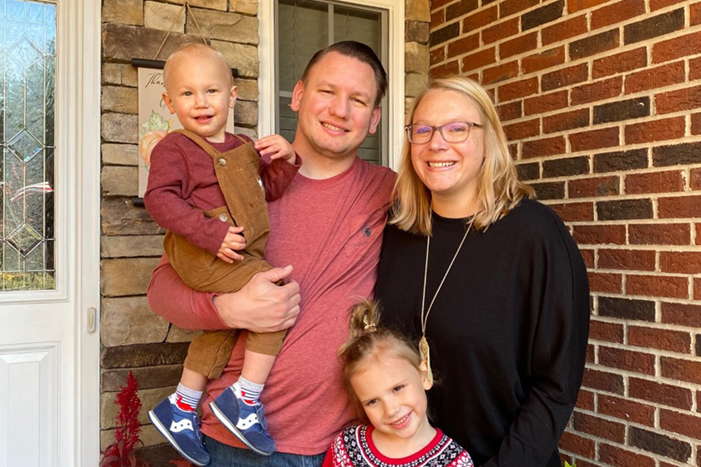Watch video on YouTube: https://www.youtube.com/watch?v=ko1GNiDy_tA
Program Transcript
GCI President Update | April 2022
Hello beloved Church. We are certainly living in an interesting stage of history. I believe that all of us around the world are slowly, but surely emerging from the 2+ year pandemic of Covid-19 and its variants. Certainly, there will be aftermath from the loss of loved ones and the loss of opportunities, especially with our inability to gather in person for church life, family life, and personal pursuits. As restraints are lifted, we will begin making up for lost time. My travel schedule for this year includes six international sites. It’s a good marker for making up for lost time.
Then we recall the words of Jesus in the Olivet Prophecy recorded in Matthew 24 when he assures us that there will be wars and rumors of wars, but the end is still to come (vs 6). We pray for those suffering in Ukraine and the surrounding region, beseeching God for his mercy and peace. In light of the chaos and the suffering, we are more deeply convicted to continue the work of the church; to proclaim the gospel, make disciples, and equip the saints to join in the work of Jesus through the church.
Did you hear the clarity about our collective work? In our pursuit of our vision to be Healthy Church – the best expression of the church of Jesus Christ that we can be, we must improve in the way that we reach out to our neighbors in love and actively sharing the good news of Jesus. In my last Update video, I spoke about being compelled by the Love of Jesus in us, and we will continue this theme throughout 2022. It is the love of Jesus that fills us and will spill over to our “not-yet-believer” neighbors. The more actively we are involved in the Love Avenue the more likely we are to grow in church health.
And it is not just getting new people through the doors of our church. As we engage new people the loving, responsible action of a Healthy Church is to help them grow in their knowledge of Jesus. Will they experience the presence of Jesus through the Holy Spirit as they engage our members and join in our worship? Will they come to love the “Living Word of God,” Jesus, as they hear the “Written Word of God” preached clearly and boldly week in and week out? Will there be appropriate classes to help new believers find their path to growing in relationship with Jesus and in the life of the church? And finally, will there be on-ramps where new believers can find their best fit to actively participate in the ministry of Jesus through the ministries of the church?
Simply put, Healthy Churches make new disciples and effectively equip the saints. This is the direction we are going in GCI.
In my March 9 Update, I spoke about a 3-year plan that is being embraced by all 6 Superintendents and all 6 Global Regions. If you are not familiar, then please go back and read that letter (it is one of the most important that I have written in my three years as President). In February, I met with our Superintendents over a four-day period. We agreed that we have been on the same path of ministry using a shared theology that is foundational to who we are, and a developing practice of ministry with a common language that we can all build from. For those who appreciate academic language – we have a “Graceful Orthodoxy” and by the power of the Spirit we are growing into a “Graceful Orthopraxy.” In more simple terms, our beliefs are informing our practices.
To have all Superintendents in all our global regions embracing the shared theology and developing ministry practices, is not a small thing. It is a wonderful window of opportunity that is before us. It is also a lot of work that will require new ways of thinking and new ways of acting. The course ahead can feel overwhelming, but hasn’t our Lord been faithful to see us through storms and challenges before? Didn’t Jesus assure us that all authority in heaven and on earth is his, and that he will never forsake us or leave us? Is he not the Head of his church and the one who is the Captain of Salvation for all people? So, if the Lord be for us, what can stand against us.
GCI, we are united by the bond of the Holy Spirit, and we operate under the power and authority of our King Jesus. Let’s move forward together over the coming three years. We are better together. And I ask that all of our National Directors, Regional Directors, Pastors, Ministry Leaders, and members join with me and the Superintendents in this amazing journey toward Healthy Church!
I wish all of you an inspiring Holy Week and may we greatly encouraged as we celebrate the resurrection of our Lord and Savior on Easter Sunday. Blessings from my family to yours.
Program Transcript
GCI President Update | April 2022
Hello beloved Church. We are certainly living in an interesting stage of history. I believe that all of us around the world are slowly, but surely emerging from the 2+ year pandemic of Covid-19 and its variants. Certainly, there will be aftermath from the loss of loved ones and the loss of opportunities, especially with our inability to gather in person for church life, family life, and personal pursuits. As restraints are lifted, we will begin making up for lost time. My travel schedule for this year includes six international sites. It’s a good marker for making up for lost time.
Then we recall the words of Jesus in the Olivet Prophecy recorded in Matthew 24 when he assures us that there will be wars and rumors of wars, but the end is still to come (vs 6). We pray for those suffering in Ukraine and the surrounding region, beseeching God for his mercy and peace. In light of the chaos and the suffering, we are more deeply convicted to continue the work of the church; to proclaim the gospel, make disciples, and equip the saints to join in the work of Jesus through the church.
Did you hear the clarity about our collective work? In our pursuit of our vision to be Healthy Church – the best expression of the church of Jesus Christ that we can be, we must improve in the way that we reach out to our neighbors in love and actively sharing the good news of Jesus. In my last Update video, I spoke about being compelled by the Love of Jesus in us, and we will continue this theme throughout 2022. It is the love of Jesus that fills us and will spill over to our “not-yet-believer” neighbors. The more actively we are involved in the Love Avenue the more likely we are to grow in church health.
And it is not just getting new people through the doors of our church. As we engage new people the loving, responsible action of a Healthy Church is to help them grow in their knowledge of Jesus. Will they experience the presence of Jesus through the Holy Spirit as they engage our members and join in our worship? Will they come to love the “Living Word of God,” Jesus, as they hear the “Written Word of God” preached clearly and boldly week in and week out? Will there be appropriate classes to help new believers find their path to growing in relationship with Jesus and in the life of the church? And finally, will there be on-ramps where new believers can find their best fit to actively participate in the ministry of Jesus through the ministries of the church?
Simply put, Healthy Churches make new disciples and effectively equip the saints. This is the direction we are going in GCI.
In my March 9 Update, I spoke about a 3-year plan that is being embraced by all 6 Superintendents and all 6 Global Regions. If you are not familiar, then please go back and read that letter (it is one of the most important that I have written in my three years as President). In February, I met with our Superintendents over a four-day period. We agreed that we have been on the same path of ministry using a shared theology that is foundational to who we are, and a developing practice of ministry with a common language that we can all build from. For those who appreciate academic language – we have a “Graceful Orthodoxy” and by the power of the Spirit we are growing into a “Graceful Orthopraxy.” In more simple terms, our beliefs are informing our practices.
To have all Superintendents in all our global regions embracing the shared theology and developing ministry practices, is not a small thing. It is a wonderful window of opportunity that is before us. It is also a lot of work that will require new ways of thinking and new ways of acting. The course ahead can feel overwhelming, but hasn’t our Lord been faithful to see us through storms and challenges before? Didn’t Jesus assure us that all authority in heaven and on earth is his, and that he will never forsake us or leave us? Is he not the Head of his church and the one who is the Captain of Salvation for all people? So, if the Lord be for us, what can stand against us.
GCI, we are united by the bond of the Holy Spirit, and we operate under the power and authority of our King Jesus. Let’s move forward together over the coming three years. We are better together. And I ask that all of our National Directors, Regional Directors, Pastors, Ministry Leaders, and members join with me and the Superintendents in this amazing journey toward Healthy Church!
I wish all of you an inspiring Holy Week and may we greatly encouraged as we celebrate the resurrection of our Lord and Savior on Easter Sunday. Blessings from my family to yours.
















